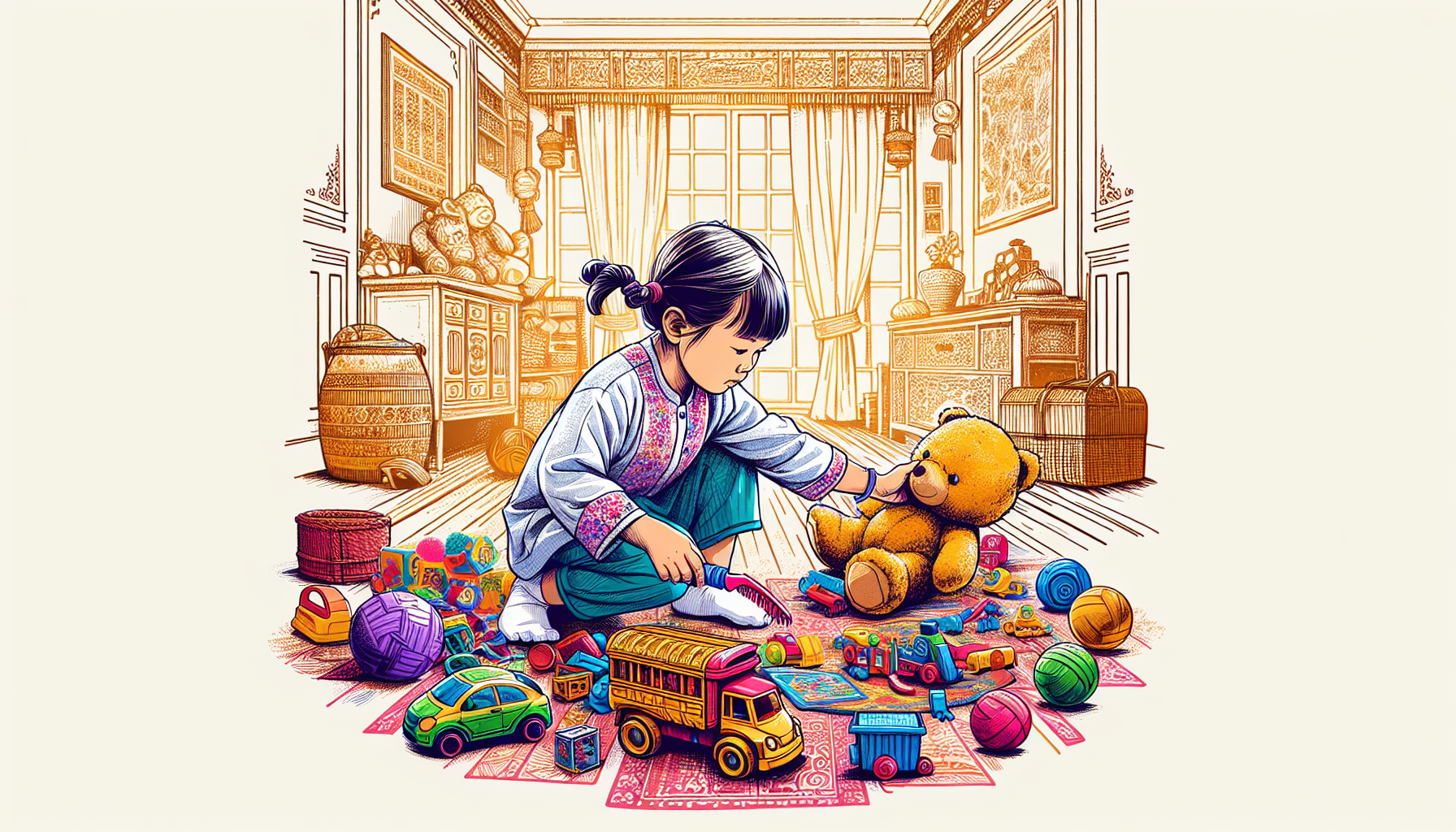The Rise of Indie Game Studios in Boston

Boston's indie game development scene is marked by its diversity and creative energy. The city boasts a plethora of talented individuals and passionate teams who are producing games that are not only entertaining but also deeply thought-provoking. A few notable studios that exemplify this creative spirit include: - **DigiPen**: Although initially founded in Washington State, DigiPen has a strong presence in Boston, primarily through its alumni network and collaborative projects. The studio is known for its innovative approach to game design, producing critically acclaimed titles like "N" and "N: The Way of the Ninja," which have garnered attention both locally and nationally. - **Giant Army**: Founded by a group of friends who share a passion for storytelling, Giant Army is celebrated for its engaging narrative-driven games. Titles such as "The Last Express" and "Gone Home" explore complex themes, showcasing the potential of storytelling in gaming while emphasizing emotional resonance and player engagement. - **Tale of Tales**: Pioneers in the realm of art games, Tale of Tales focuses on creating unique experiences that challenge traditional gameplay mechanics. Their games, like "The Graveyard" and "Bientôt l'été," prioritize emotional engagement over commercial success, pushing the boundaries of what video games can convey as a form of art. These studios are not merely creating games; they are redefining the gaming landscape by focusing on unique artistic visions and interactive storytelling. The narratives explored in their games often reflect social issues, personal struggles, and the human experience, further solidifying Boston's reputation as a creative hub.
Support Structures for Indie Developers
Boston's indie game developers benefit from a robust support ecosystem that includes educational institutions, funding opportunities, and community networking. The city's colleges and universities, such as Boston University and Northeastern University, offer specialized programs in game design and interactive media, providing aspiring developers with the necessary skills to thrive in the industry. Organizations like the Boston Indie Game Collective act as invaluable platforms for local developers, fostering collaboration, idea-sharing, and showcasing their work. Events such as the Boston Festival of Indie Games allow studios to connect with potential players and industry professionals, enhancing their visibility and networking opportunities. Additionally, funding opportunities play a crucial role in supporting indie studios. Local venture capital firms are increasingly recognizing the potential of indie games, offering financial backing for promising projects. Grants, competitions, and incubator programs further incentivize creativity and innovation, helping developers transform their visions into reality.
Challenges Faced by Indie Studios
Despite the supportive ecosystem, indie game developers in Boston face several formidable challenges. One of the primary hurdles is competition—not only from other indie studios but also from larger, established game companies. As the gaming market becomes increasingly saturated, standing out amidst the noise becomes a daunting task. Limited budgets and resources can pose significant challenges as well. Many indie studios operate on shoestring budgets, restricting their marketing efforts and limiting their ability to hire top-tier talent. This often leads to burnout among team members who find themselves juggling multiple roles and responsibilities. Additionally, navigating the complex landscape of game distribution can be overwhelming. With the rise of digital platforms, indie developers must not only focus on creating compelling games but also develop effective marketing strategies to reach their target audience. The challenge of visibility can be particularly acute for new studios trying to carve out their niche in a crowded market.
The rise of indie game studios in Boston is a testament to the city's commitment to fostering creativity and innovation within the gaming industry. As these studios continue to push the boundaries of game design and storytelling, they contribute to a rich tapestry of experiences that captivate players and challenge conventional notions of gaming. While they face significant hurdles, the support structures in place help nurture their growth and success. As Boston solidifies its reputation as a leading hub for indie game development, it is clear that the voices of these passionate creators will play a crucial role in shaping the future of the gaming landscape. The city not only serves as a breeding ground for groundbreaking ideas but also as a community that champions artistic expression and the transformative power of interactive storytelling. The indie game studios in Boston stand as a beacon of inspiration, reminding us that creativity knows no bounds, and the future of gaming is as diverse and dynamic as the creators behind it.
Indie Game Producer
Giant Army, DigiPen
Core Responsibilities
Oversee the game development process from concept to launch, ensuring projects stay on schedule and within budget.
Coordinate between different departments (design, art, programming) to facilitate communication and collaboration.
Manage project risks and resolve conflicts, adapting plans as necessary to meet changing conditions.
Required Skills
Strong leadership and organizational skills, with the ability to multitask and prioritize effectively.
Familiarity with project management tools (e.g., Trello, Jira) and methodologies (e.g., Agile, Scrum).
Experience in game development or production, with a keen understanding of the indie gaming landscape.
Narrative Designer
Tale of Tales
Core Responsibilities
Craft engaging storylines and character arcs that enhance gameplay and player experience.
Collaborate with game designers and artists to integrate narrative elements seamlessly into the game.
Develop dialogue, lore, and world-building details that resonate with players and enrich the gaming experience.
Required Skills
Exceptional writing and storytelling abilities, with a portfolio showcasing narrative work in games or related media.
Understanding of game mechanics and player psychology, ensuring narratives align with gameplay.
Experience with narrative design tools (e.g., Twine, Articy Draft) and a strong grasp of interactive storytelling.
Technical Artist
Core Responsibilities
Serve as a bridge between the art and programming teams, ensuring art assets are optimized for performance.
Develop tools and shaders to enhance visual quality within the constraints of game engines.
Troubleshoot and resolve technical art issues, providing support to artists and programmers alike.
Required Skills
Proficiency in 3D modeling software (e.g., Blender, Maya) and game engines (e.g., Unity, Unreal Engine).
Strong understanding of rendering techniques, asset optimization, and performance metrics.
Experience in scripting (e.g., Python, C#) to automate repetitive tasks and improve workflows.
Game Marketing Specialist
Core Responsibilities
Develop and execute marketing strategies to promote indie games across various platforms and channels.
Conduct market research to identify target audiences and tailor campaigns accordingly.
Manage social media presence, community engagement, and promotional events to enhance visibility.
Required Skills
Expertise in digital marketing, including SEO, content marketing, and social media management.
Strong analytical skills to measure campaign performance and adjust strategies based on data.
Passion for gaming and knowledge of current trends in the indie game sector.
Game Tester/Quality Assurance Specialist
Core Responsibilities
Playtest games to identify bugs, glitches, and usability issues, providing detailed feedback to developers.
Develop and execute test plans and scripts to ensure a comprehensive evaluation of gameplay mechanics.
Collaborate with the development team to prioritize and resolve issues before launch.
Required Skills
Strong attention to detail and analytical skills, with a passion for gaming and an understanding of gameplay mechanics.
Experience with bug tracking tools (e.g., JIRA, Bugzilla) and familiarity with testing methodologies.
Excellent communication skills to articulate findings and collaborate effectively with the development team.


